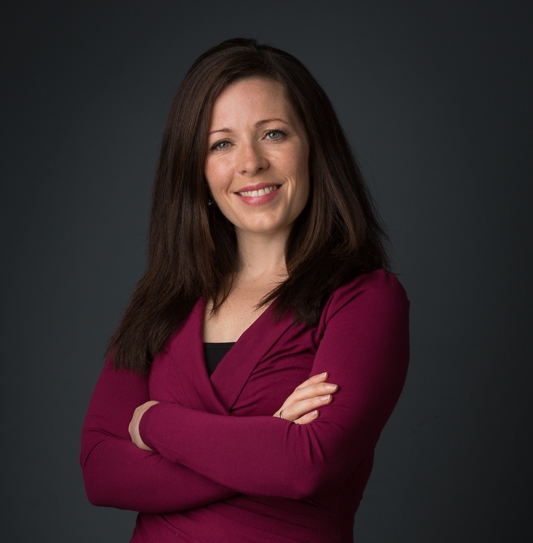
Global kidney exchange: Opportunity or exploitation? An ELPAT-ESOT appraisal
Frederike Ambagtsheer1, Bernadette Haase-Kromwijk2, Frank JMF Dor3, Greg Moorlock4, Franco Citterio5, Thierry Berney6, Emma Massey1.
1Internal Medicine, Erasmus MC, Rotterdam, Netherlands; 2Dutch Transplant Foundation, Leiden, Netherlands; 3Imperial College Renal and Transplant Centre, Hammersmith Hospital, London, United Kingdom; 4Warwick Medical School, Health Sciences, University of Warwick, Warwick, United Kingdom; 5Renal Transplantation Unit, Fondazione Policlinico Universitario, A. Gemelli Hospital, Rome, Italy; 6Cell Isolation and Transplantation Center, University of Geneva, Geneva, Switzerland
This paper addresses ethical, legal and psychosocial aspects of Global Kidney Exchange (GKE). Concerns have been raised that GKE violates the non-payment principle, exploits donors in low and middle-income countries, and detracts from the aim of self-sufficiency. We review the arguments for and against GKE. We argue that while some concerns about GKE are justified based on the available evidence, others are speculative and do not apply exclusively to GKE but to living donation more generally. We posit that concerns can be mitigated by implementing safeguards, by developing minimum quality criteria and by establishing an international committee that independently monitors and evaluates GKE’s procedures and outcomes. Several questions remain however that warrant further clarification. What are the experiences and views of recipients and donors participating in GKE? Who manages the escrow funds that have been put in place for donor and recipients? What procedures and safeguards have been put in place to prevent corruption of these funds? What are the inclusion criteria for participating GKE-centers? GKE provides opportunity to promote access to donation and transplantation but can only be conducted with the appropriate safeguards. Patients’ and donors’ voices are missing in this debate.
There are no comments yet...